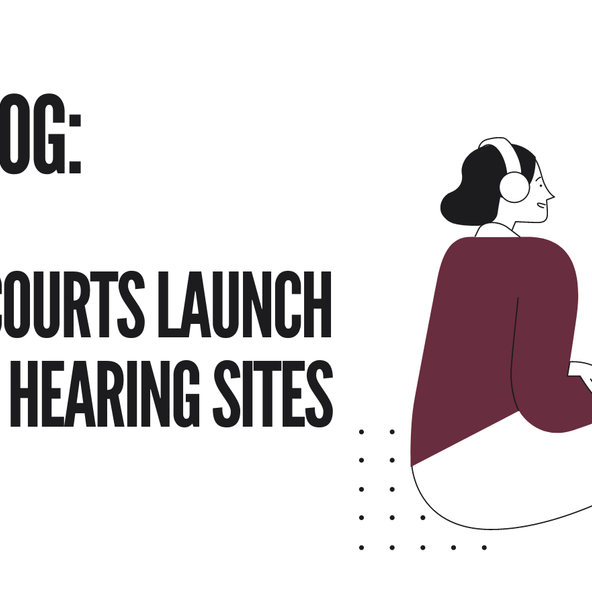
The D.C. Courts have launched five remote hearing sites spread throughout the city that litigants can use to attend virtual court proceedings. These sites will be equipped with computers, printers, and other technology. Masks and cleaning materials will be available on site to help make sure that individuals using these sites remain safe. Phones at the sites will connect litigants with court staff who will be available to answer questions and provide technical assistance. Additionally, the remote sites will have important information for litigants, including information about legal services providers and available social services.
These sites are a vital step to addressing the digital divide. 1 in 4 of D.C. households lack broadband internet service. Other individuals lack computers or a quiet space to participate in a remote hearing. This problem is exacerbated by the more limited availability at libraries and other public spaces that are typically available to connect low-income individuals with technology and information. In addition to providing litigants with a safe, quiet, and well-lit space from which to participate in hearings, they also enable low-income litigants to access the benefits of video technology. Many individuals will find it easier to follow and participate in remote hearings with the visual cues that are available through video but are unavailable by telephone.
Although these sites were created in response to the unprecedented challenges of the pandemic, they have the potential to play a vitally important role even beyond the current public health crisis. The ability to participate in remote hearings will have benefits particularly for low-income individuals who have difficulty getting to and from the courthouse, arranging childcare, and taking time off of work. The remote sites, spread throughout the city, provide a more convenient alternative that allows individuals to attend hearings and obtain legal information closer to their own homes. As public health allows community spaces to begin to reopen, the court should consider continuing to offer litigants the option to participate in hearings, particularly short non-evidentiary hearings, from their homes or locations near their homes. Continuing to find ways to reduce the time and economic burden of participating in court proceedings while also increasing the accessibility of vital legal information is a fundamental step towards improving access to justice.



